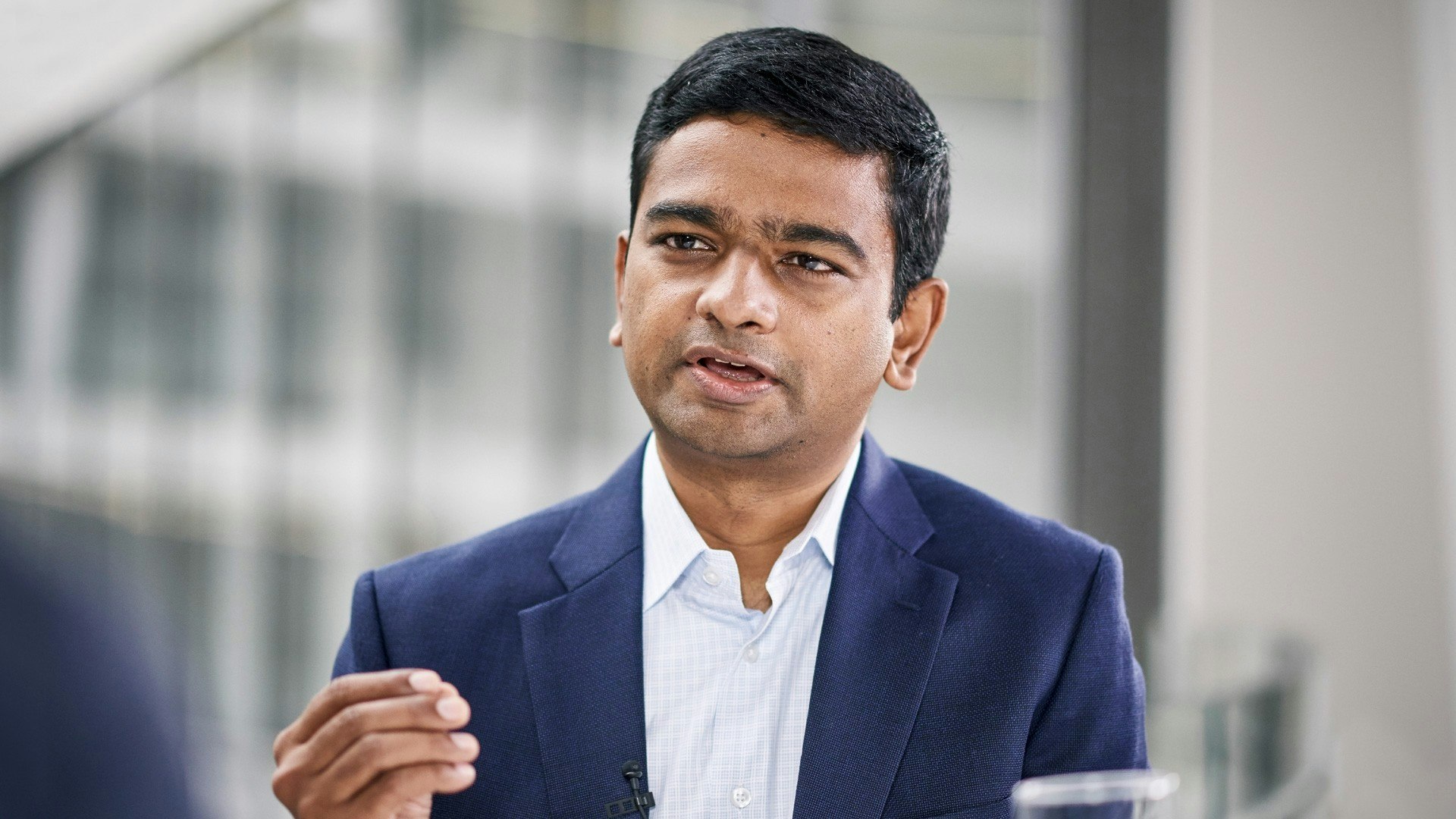In the $17bn global loyalty programme market, a small Dutch startup has come up with a technology that combines consumer loyalty rewards and turns them into instant discounts at the pump for motorists. Tankey was last year spun out of Dutch utility company Essent, now part of E.ON, and is about to hit 100,000 customers barely one year after inception. Oh, and it's also breaking even.
Loyalty cards are a market ripe for updating.
Tankey has 100,000 customers barely one year after inception. Oh, and it's also breaking even.
“We think old-fashioned loyalty schemes are old ideas from the '90s where it was about saving points,” says Paul Akass, cofounder of Tankey which gives users of its app instant fuel discounts at over 400 forecourts across the Netherlands. “Tankey is very transparent, the customer doesn’t need to worry about saving points. They know the value of what they are getting and they are getting it instantly.”
In the Netherlands 32% of consumers use loyalty programmes for their purchases at least several times a week, according to a recent study by consultancy KPMG. Within this market Akass says refuelling vehicles is one of the “stickiest”, meaning consumers remain loyal the longest, which made it an attractive niche for rolling out his platform. Expanding to electric vehicles could be the next logical move. “I think it’s logical to move into EV (electric vehicle charging). Our goal would be to stay close to mobility and EV is very interesting,” he says.
First, he’d like to widen Tankey’s network of fuel pumps and to gain further brands that actively promote his app to their customers beyond the three existing ones (Essent, energy supplier Direct Energie and insurance company Univé). Within the next three years Akass wants his fuel network to grow to 500 to 600 stations and his customer base to 300,000 to 500,000, and he wants to sign on two more brands.
The benefits of a corporate backer
Tankey was Essent’s first corporate spin-out, testing the board’s willingness to support entrepreneurial employees. “I think they could see we had a good product, the results were strong and [cofounder] Eva [Oudshoorn] and I we were long-standing employees. We weren’t asking for too much, it wasn’t like we were asking for €10m, far from it. It was quite modest,” Akass says.
We weren’t asking for too much, it wasn’t like we were asking for €10m, far from it. It was quite modest.
He came up with the idea to set up Tankey while working on a sustainable fuel project inside Essent’s innovation team. “We were in the right place at the right time,” he says, referring to a meeting with a business partner during which he discussed how they could link mobile phones with a payment system for sustainable fuels. “That was the spark.” He persuaded his colleague Eva Oudshoorn to get involved. Oudshoorn says she liked the simplicity of his idea.
Together they quickly developed a workable product, finding ways to attract customers and keeping them engaged, and deciding that a loyalty reward programme was the best business model for their venture. “But that was not the business of Essent,” Akass says. “If you discover a new technology that has a business model that isn’t core to the company you work in, what do you do? Some people may let it go but in our case we didn’t. That’s when we made the decision to propose to the board to spin it out and they supported it fully.”
We could prepare a lot of things and we got a lot of advice. We could do all those things at low risk, there was no time urgency because the company hadn’t started yet.
The spin-out process took half a year. “It was more like a long run, not a marathon but an assault course,” says Akass.
Essent offered Akass and Oudshoorn an attractive deal, they say, giving the cofounders enough equity in the spin-out entity to build and run the company on their own. “They made sure we had skin in the game,” Akass says, without disclosing further details. Essent continues to be a shareholder in Tankey alongside the two founders and the utility remains one of the founding loyalty programme partners that help gain customers.
Support from Essent gave the startup a head start over other new companies, Akass says. “We could prepare a lot of things and we got a lot of advice. We could do all those things at low risk, there was no time urgency because the company hadn’t started yet,” Akass says.
And the downsides...
On the other hand, Akass says working with a large corporate created additional administration, with things having to be done in a “certain way”. “It’s well-intended, it hasn’t held us back yet,” says Akass, who continues to have a close relationship with senior Essent managers who are willing to take his phone calls.
We felt quite exhausted after the spin-out process but then the work was only just starting.
To help fund growth, Tankey will next year launch its second funding round with the aim of bringing on board a third investor. Akass is eyeing four types of investors that could fit the bill: a company that is also a business partner, such as Essent; a fintech fund that likes the loyalty stacking business model; an early-stage investor; or a player in the loyalty programme business.
“We’re funded sufficiently for now but the plan was always to try and refinance the business with the intention of finding a third investor in 2020/early 2021 and that hasn’t changed,” Akass says.
What is Akass’ biggest learning from going from full-time corporate employee to newbie in the startup world? “I would say you need tools to manage work-life balance and you need to be prepared for the new responsibilities,” he says. “We felt quite exhausted after the spin-out process but then the work was only just starting.”


